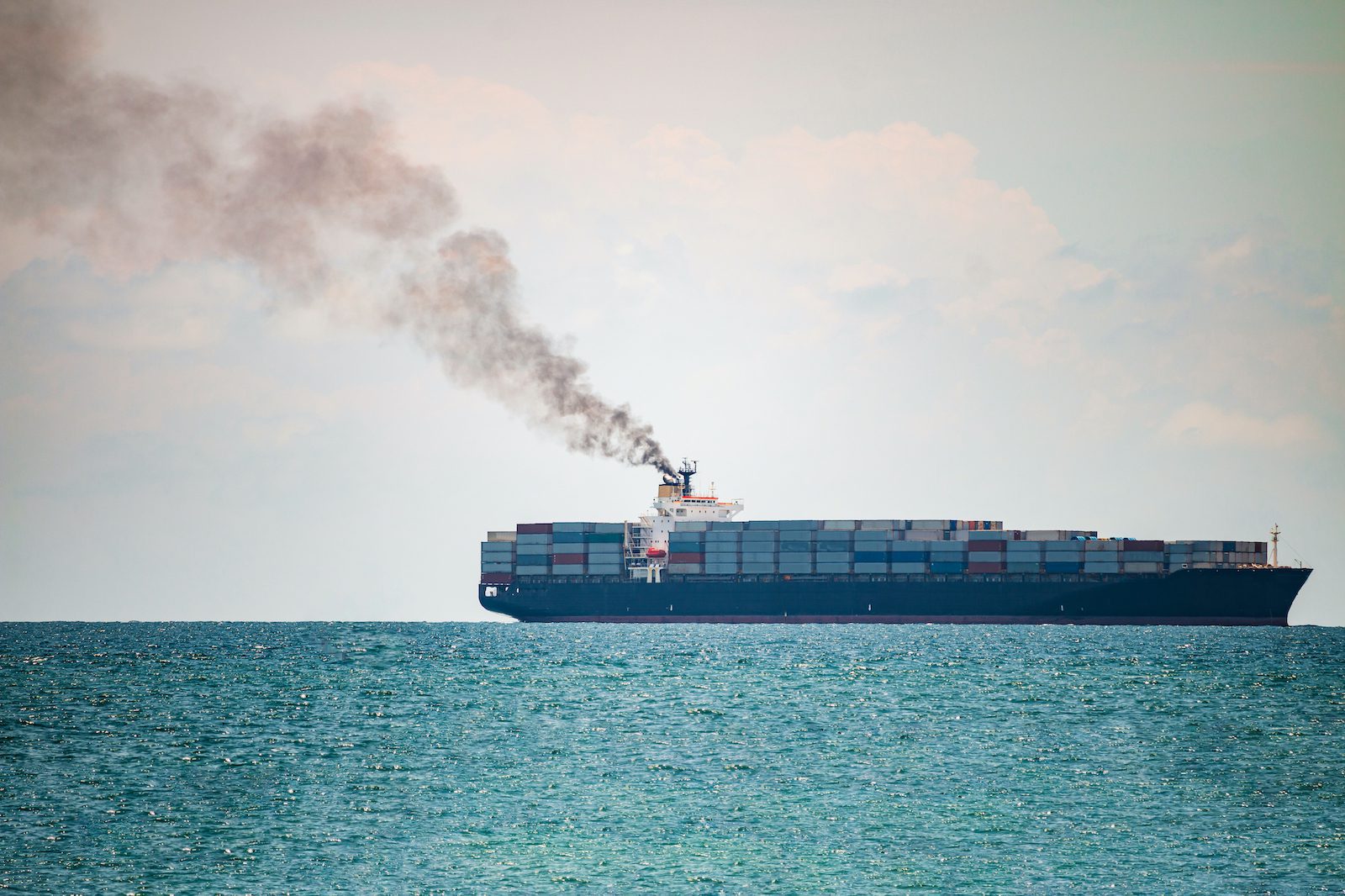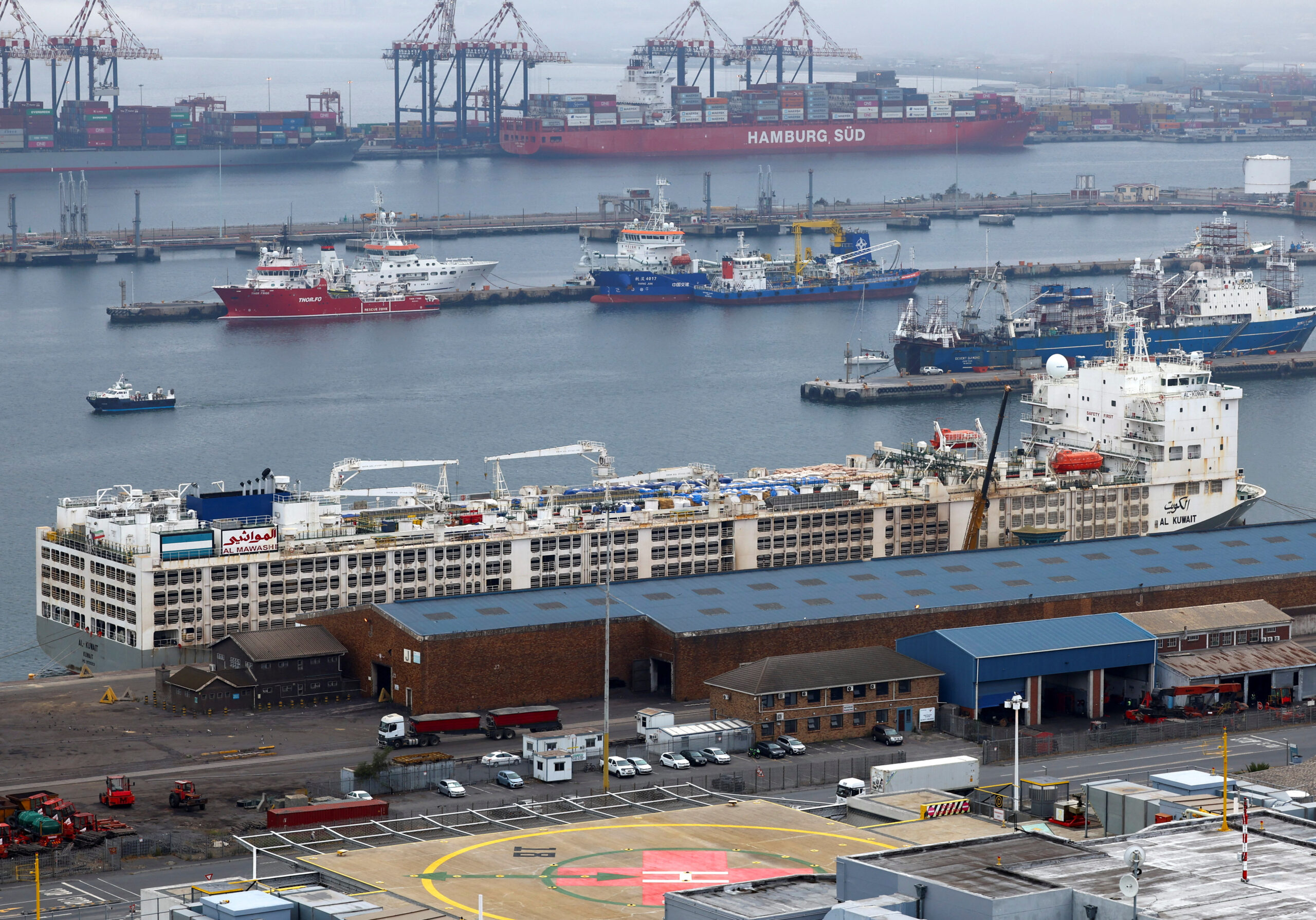President Donald Trump announced Tuesday that the United States will cease military operations against Houthi forces in Yemen, claiming the Iran-aligned group agreed to a ceasefire against U.S. ships in vital Middle Eastern shipping lanes.
However, senior Houthi leadership immediately contradicted some of Trump’s claims and vowed to continue their blockade of the Red Sea.
During an Oval Office meeting with Canadian Prime Minister Mark Carney on Tuesday, Trump stated that the Houthis had requested an end to U.S. bombing campaigns and promised to halt attacks on U.S. vessels.
“They said ‘please don’t bomb us anymore and we’re not going to attack your ships,'” Trump said. “And I will accept their word, and we are going to stop the bombing of the Houthis effective immediately.”
However, Deif Allah Al-Shami, a senior member of the Houthi political bureau, swiftly rejected Trump’s claim in an interview, describing it as face-saving rhetoric after a “humiliating failure” in Yemen. Al-Shami stated that Israeli-linked vessels would continue to be blocked until the Gaza siege ends.
The Foreign Ministry of Oman claims to have brokered the ceasefire agreement between the U.S. and the Houthis.
“In the future, neither side will target the other, including American vessels, in the Red Sea and Bab al-Mandab Strait, ensuring freedom of navigation and the smooth flow of international commercial shipping,” the ministry said in a statement.
State Department Spokesperson Tammy Bruce indicated the agreement relates to U.S.-Houthi relations in the Red Sea, but could not comment on its implications for Israel-Houthi strikes.
The Iranian-backed Houthis have maintained a blockade against Israel-linked vessels in the Red Sea for over a year and a half in response to Israel’s campaign against Hamas in Gaza following Hamas’s October 7, 2023 attack. The Houthis later expanded its targets to include U.S. and UK vessels after the Biden administration launched initial military actions against them.
The blockade has forced major shipping services to reroute around the Cape of Good Hope, resulting in longer voyages and increased costs. The Red Sea route, crucial for global commerce, handles approximately 15% of worldwide shipping traffic.
Today’s announcement from President Trump follows the commencement of Operation Rough Rider on March 15, 2025, which has resulted in strikes on over 1,000 targets in Yemen and claimed “hundreds of Houthi fighters and numerous Houthi leaders,” according to U.S. military officials. The White House has said the operation will continue until freedom of navigation in the Red Sea is restored.
The situation has grown increasingly volatile in recent weeks. The Houthis have retaliated against the increased military pressure, with recent escalations that include a Houthi missile strike near Israel’s Ben Gurion Airport, which prompted retaliatory Israeli airstrikes on the Houthi-held Hodeidah Port and Sanaa airport.
Just last week, on April 28, a suspected U.S. airstrike on a migrant center in Yemen reportedly resulted in 68 casualties, marking one of the deadliest incidents in the recent campaign. Earlier today, the Houthis threatened to target ammonia tanks at Israel’s Haifa port in response to the ongoing Israeli airstrikes.

 Join The Club
Join The Club










